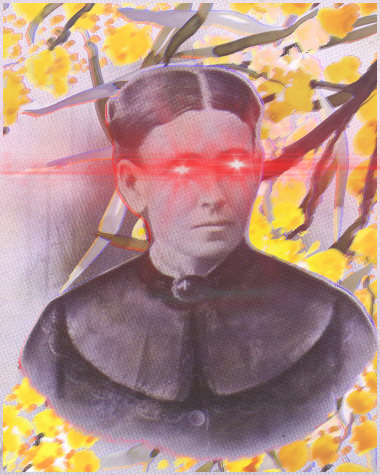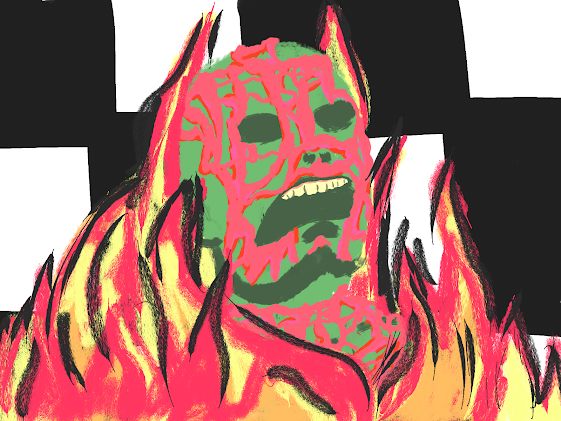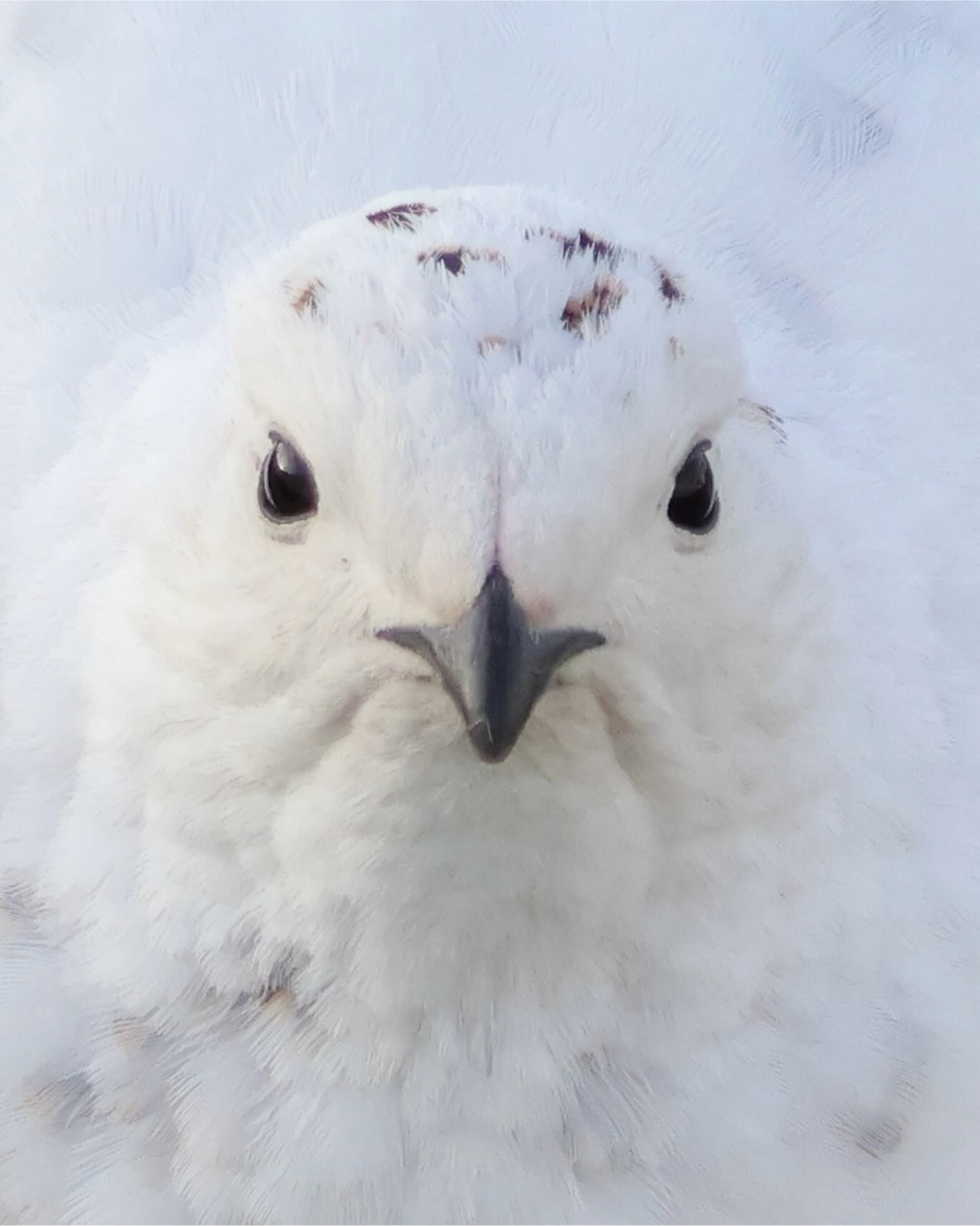Which is it? Which do you use? Are there different associations between them?
I've always said it "comrad," but when I started to meet people in orgs, they predominantly say "comrayd" (within the same country).
My impression is that com-rad is associated with the USA and com-raid is associated with Britain and Ireland. I'm not sure what the situation is for other English-speaking countries, but if I were to hazard a guess, one pronunciation over the other might be associated with the relative prestige or influence of British and American English for that person, for instance if you learned the word through American media you might pronounce it in an American way. I'm not an expert, though.
I personally say com-rad.
We're firmly in com-raid territory in australia, also I've had people pick fights with me after i casually called them comrade, that was a trip
It's pronounced tóngzhì, get used to saying it
however apparently this is contemporary slang for gay in some parts of China
Do you think the slang comes from the homoerotic USSR-PRC propaganda?
Show
however apparently this is contemporary slang for gay in some parts of China
It is from this Chinese slang term that Toki Pona got its word for enby, "tonsi"
How do you pronounce camaraderie? I’ve never heard anyone say com-ray-dar-e” so I usually go with “com-rad”
I'd say "camaraderie" with the vowel in palm, and "comrade" with the vowel in trap.
That's also how I remember whether to say "ih-TAL-ih-yan" vs "AYE-tal-e-yan".. there is no "AYE-tal-ee"
none of the antecedent words contain an 'ayd' sound, i am forced to conclude this is some ridiculous RP british problem, and everyone else is doing it normal
I seldom say comrade since I'm usually in public settings and have to generally avoid drawing attention.
Just stick with /tʰʊŋ³⁵ ʈ͡ʂʐ̩⁵¹/ honestly. If you accidentally use it on an anti-communist you can just say you thought they were a fellow member of the LGBT community.
(I'm American and say comrad)
is that a rendering of 同志 in... IPA? doesn't look like IPA to me but I have little knowledge of it
There are a few different ways IPA can represent tone. I've more commonly seen tone represented with ˩ ˨ ˧ ˦ ˥ which can form ligatures like ˦˧˥

















